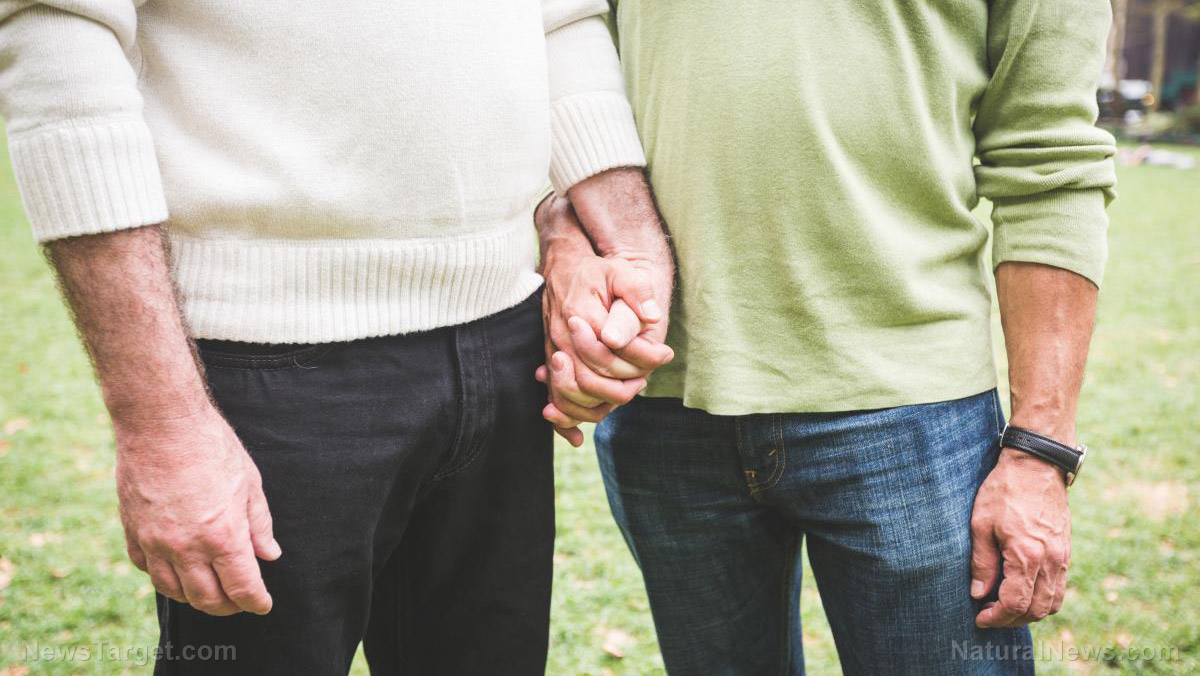Study: Walking slowly may be a sign of “accelerated aging” and that you’re more likely to get sick later in life
02/18/2021 / By Michael Alexander

Slow walkers, beware: You may be more prone to developing serious illnesses later in life.
This is according to a team of researchers, who found that 45-year-olds with a naturally slow pace when walking have bodies that exhibit signs of accelerated aging. These signs included impaired immune function and unhealthy lungs and teeth.
Even worse was that these individuals also had lower total brain volumes, less brain surface area and more small lesions than people their age who walked faster. These signs are all indicative of much older brains.
“The thing that’s really striking is that this is in 45-year-old people, not the geriatric patients who are usually assessed with such measures,” Line JH Rasmussen, a post-doctoral researcher at Duke University and the study’s lead researcher, said,
As detailed in the JAMA Network Open Journal, the team’s findings are all based on a long-term study involving 904 people born during a single year in Dunedin, New Zealand. (Related: Five early warning signs of Alzheimer’s.)
According to the researchers, the participants have been subjected to studies and observations their whole lives, with the most recent assessment held between April 2017 and April 2019.
The researchers arrived at their findings after analyzing the participants’ IQ scores, language comprehension, frustration tolerance, motor skills and emotional control when they were just three years old, as well as magnetic resonance imaging scans taken during their last assessment.
In addition, the researchers used a panel of eight outside screeners to analyze each participant’s ‘facial age’ from a photograph, with the result being that slow walkers also looked much older than their actual age.

According to the research team, what they found was that a difference of 12 IQ points on average exists between children who grew up to be the group’s slowest walkers and those who grew up to be the fastest. The slow walkers had a mean gait speed of 1.21 meters per second while the fastest walkers had a mean gait speed of 1.75 meters per second.
As noted by the research team, this could likely be the result of an interplay between many organ systems, although some of the differences in health and cognition may be tied to lifestyle choices the participants made throughout their lives.
“A person’s walking speed depends on the function of all these systems working smoothly together, and reduced walking speed can be a sign of advanced aging and deteriorating function of these organ systems,” Terrie E. Moffitt, a professor at Duke University and King’s College London and the study’s senior author, said.
According to the research team, their findings could be used to create a childhood screening program for Alzheimer’s disease and other life-threatening conditions. “We may have a chance here to see who is going to do better health-wise in later life,” Rasmussen stated. This is not the first study to link a slow walking pace to cognitive decline.
In a study published in the Journal of the American Geriatrics Society, researchers noted that adults aged 60 and older who had a slower walking speed had a greater risk of developing dementia. According to the researchers, the same can be said for people who experienced a fast decline in their walking speed over a two-year period.
Learn more about signs of brain aging and natural ways to delay it at AntiAgingScience.news.
Sources include:
Submit a correction >>
Tagged Under:
accelerated aging, aging, Alzheimer's disease, anti-aging science, brain aging, brain function, brain health, cognitive health, dementia, discoveries, health science, intelligence, premature aging, research
This article may contain statements that reflect the opinion of the author




















